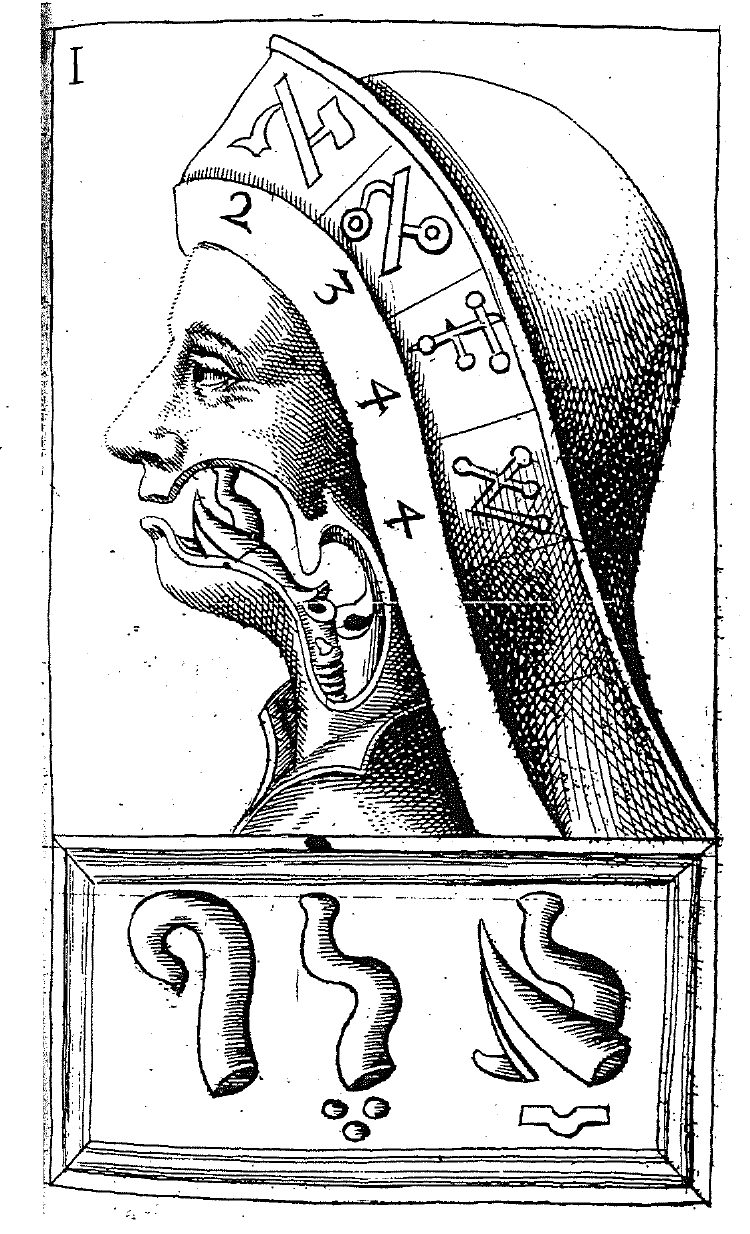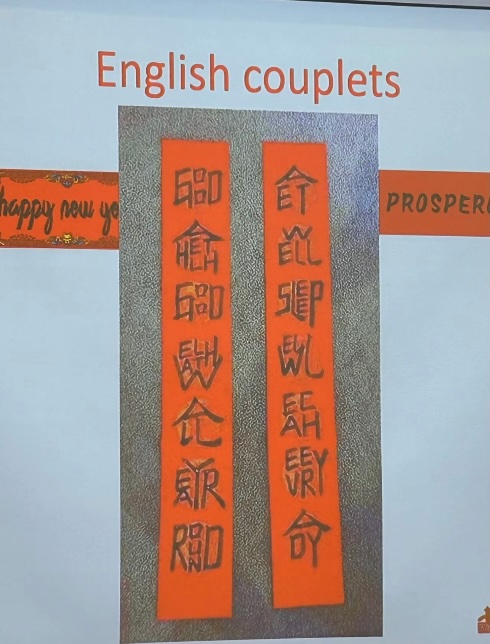Archive for Language and culture
Scythians between Russia and Ukraine
To situate the Scythians linguistically, before delving into their history and culture, let us begin by noting:
The Scythian languages (/ˈsɪθiən/ or /ˈsɪðiən/ or /ˈskɪθiən/) are a group of Eastern Iranic languages of the classical and late antique period (the Middle Iranic period), spoken in a vast region of Eurasia by the populations belonging to the Scythian cultures and their descendants. The dominant ethnic groups among the Scythian-speakers were nomadic pastoralists of Central Asia and the Pontic–Caspian steppe. Fragments of their speech known from inscriptions and words quoted in ancient authors as well as analysis of their names indicate that it was an Indo-European language, more specifically from the Iranic group of Indo-Iranic languages.
Everyone will recognize the current avatar of this ancestress of the Scythian nation:

Source: The Mixoparthenos (half-maiden), a hybrid creature from the Black Sea, limestone sculpture, 1st-2nd century AD, from Panticapaeum, Taurica (Crimea)
Read the rest of this entry »
Political drumbeat: cultural confidence
Yesterday, the hypernationalistic CCP government propaganda organ, Global Times, published the following article:
"China shows cultural confidence as world shares Spring Festival’s spirit, legacy, joy", by Ai Peng, Global Times (2/18/24)
Mark Metcalf called the conspicuous expression "cultural confidence" to my attention:
It's appeared in LL twice.
Read the rest of this entry »
Lunar New Year's greetings, part 2
You can't really have a traditional Lunar New Year's celebration without posting spring couplets, as witness here.
In recent years, though, these "spring couplets" (chūnlián 春聯 / 春联) — a special type of "antithetical couplet" (duìlián 對聯 / 对联) — have morphed into all sorts of different forms and formats, such as this set, which we studied back in February 2019 (see "Selected readings" below):
I leave it to you to read for yourself.
Read the rest of this entry »
Super Bowl rhoticism
The most linguistically focused of this year's Super Bowl commercials:
Read the rest of this entry »
Euphemism satire
On today's NPR Morning Edition, there was a segment about a new TV show that parodies NPR :"New Peacock comedy 'In the Know' parodies NPR". And the featured aspect involves 41 seconds of dueling euphemisms:
Read the rest of this entry »
Tea in Glasgow
Nicholas Tomaino, "The Most Spoken Words in Glasgow", WSJ 1/6/2024:
When someone says, ‘Would anyone like a cup of tea,’ he isn’t offering the best-tasting thing one’s ever had. But that isn’t the point.
The author begins:
I was 23 when I drank my first cup of tea. As an Italian-American, I was raised on coffee. My life changed, however, when I met my wife.
Maddy is a Scot. If you’re from the U.K. or otherwise acquainted with the country, you understand. Tea is imbibed there as if it were water. It features at nearly every meal, and often between them. As William Gladstone wrote, if you’re cold, it’ll warm you; if you’re too heated, it’ll cool you; if you’re excited, it’ll calm you. It can afford to be everywhere, James Boswell noted, because “it comforts and enlivens without the risks attendant on spiritous liquors.”
Read the rest of this entry »
Old Long Since: Firefly light, snow on the window
Yesterday, on New Year's Eve, I was sending around, to family and friends, the lyrics and melody of the beloved song we sing at this time of year (here [The Choral Scholars of University College Dublin], here, [Rod Stewart]). I also circulated the Wikipedia article so that people could know the ballads and folk songs that preceded Robert Burns' famous poem (1788).
This morning when I awoke, I received the following message from Martin Schwartz:
It is indeed interesting to see how these Scottish sentiments are presented in this East Asian language. Thoughtfully, the source provided an English translation for the Japanese.
Read the rest of this entry »
Shimao, graphic arts, and long distance connections, part 2
Intercultural connections imply crosscultural communications.
In my estimation, Shimao is the most important archeological site in the EEAH (Extended East Asian Heartland) from B.C. times, with enormous implications for the origins of Sinitic civilization. Shimao is a recently discovered archeological site, brought to light roughly a dozen years ago, but still very much under excavation. Its coordinates are 38.5657°N 110.3252°E, which put it on the mid-eastern edge of the Ordos Desert that lies within the great, rectangular bend of the Yellow River called the Ordos Loop in English or Hétào 河套 ("Yellow River Sheath") in Chinese. I often think of the Ordos as the omphalos of the EEAH, ecologically a part of the Eastern Gobi desert steppe that has been lassoed ("lasso" is another meaning of tào 套) into the cultural orbit of the Yellow River Valley, which is the center of the East Asian Heartland (EAH) proper.
For the concept of East Asian Heartland (EAH) and Extended East Asian Heartland (EEAH), see Victor H. Mair, "The North(west)ern Peoples and the Recurrent Origins of the 'Chinese' State", in Joshua A. Fogel, The Teleology of the Modern Nation-State: Japan and China (Philadelphia: University of Pennsylvania Press, 2005), pp. 46-84.
Read the rest of this entry »
John McWhorter unconfuses Bill Gates
Sometime LLOG contributor John McWhorter is the featured guest on Episode 4 of Bill Gates' podcast Unconfuse Me.
The trailer:
Read the rest of this entry »
Confusing coffee and tea: blowing hot and cold
Klaus Nuber, who four years ago sent us this amusing post, "Restaurant logo with a dingus" (5/29/19), has contributed another droll Anekdote.
The following article is in today's Süddeutsche Zeitung, "Kannste knicken?"* (11/23/23) — herewith the second anecdote of three from all over the world:
*VHM: The meaning of the article title escapes me — can you fold / bend [it]?
Mitten in … Zhejiang
Weiter weg geht es kaum von der Großstadt Peking: Neun Stunden mit dem Zug, dann eine lange Autofahrt die Täler entlang, jetzt ist der Hunger groß. Im Restaurant? Keine Karte, bestellt werden kann, was im Kühlschrank liegt. Ein paar Karotten, zwei Kartoffeln, ein platt gedrückter Tintenfisch. Kommt sofort! Dafür um die Ecke, kaum zu glauben, ein Café! Draußen das ländliche China mit seinen Reisfeldern und Kohlelastern, drinnen brummt die Espresso-Maschine. Der lang ersehnte Schluck, aber was ist das? Der Kaffee – eiskalt! Vorsichtige Frage an den Barista, ob es den auch in heiß gäbe? Sein Blick zunächst: totale Entgeisterung, dann folgt schallendes Gelächter. "Diese Ausländer!", ruft er und alle gucken. "Hört mal her. Jetzt trinken die ihren Kaffee auch noch wie Tee!" So was Amüsantes haben die Menschen hier schon lange nicht mehr gehört. Lea Sahay
Read the rest of this entry »
Beer Battle Bowls
Mark Metcalf had lunch with his in-laws at a great Cantonese restaurant in Taichung, Taiwan. They shared a bottle of Táiwān píjiǔ 台灣啤酒 ("Taiwan beer") and were given chilled “Hong Kong style” battle bowls – emblazoned with zhàndòu wǎn 戰鬥碗 ("battle bowl") on the side and with shēng 勝 ("victory") on the inside bottom – to drink it. Neither Mark nor his son had seen such a bowl before, but according to the owner it’s a Hong Kong thing.
Apparently you can buy them for \$NT6 each online or \$US70 (including postage) for a set of four from Amazon.
Here’s what they look like:

(source)
Chinese Traditional Way of Drinking Beer – From the Bowl
Read the rest of this entry »
LOL, ROTFL, IJBOL
As Laura Morland said to me in a p.c., I am a "Swiftie" (I admit it, even though I'm a Penn prof), but there are plenty of things about pop culture that I do not know, including IJBOL.
A Korean word? A new boy band? This new acronym is replacing LOL and ROFL on social media.
By Shirley Wang, NYT
Published Aug. 8, 2023
——-
First there was LOL (“laugh out loud”), an acronym that first appeared in the 1980s and became the reigning shorthand online for what people found funny. Then came ROFL (“rolling on the floor laughing”), LMAO (“laughing my ass off”) and even nonverbal cues like smiling emojis. Still, most type these terms straight-faced, relegating them to dull punctuation added carelessly to the end of a message. Now, the internet wants to revitalize laughing online with a new term: IJBOL.
Read the rest of this entry »

